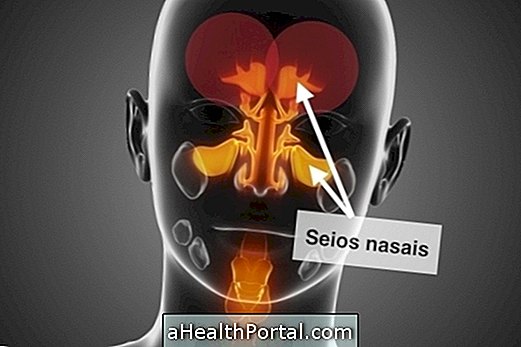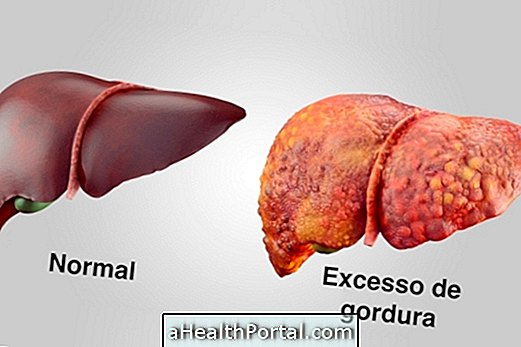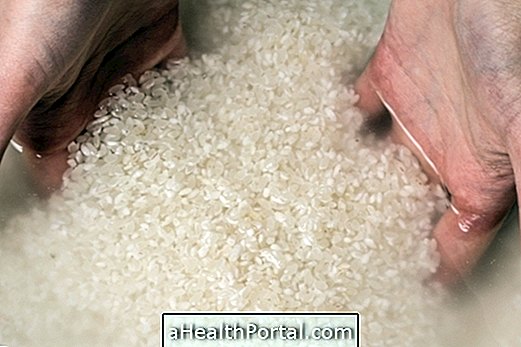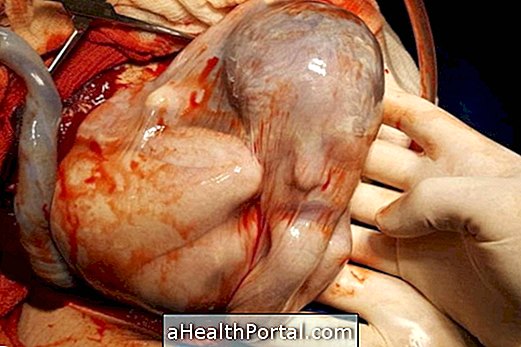Treatment for Zollinger-Ellison syndrome is usually started with the daily intake of medicines to reduce the amount of acid in the stomach, such as Omeprazole, Esomeprazole or Pantoprazole, because tumors in the pancreas, called gastrinomas, stimulate the production of acid, increasing the chances of having a gastric ulcer, for example.
In addition, the gastroenterologist may also recommend having surgery to remove some tumors, although this type of surgery is usually only indicated when there is only one tumor. In other cases, treatment may include:
- Use heat in the form of radiofrequency to destroy tumor cells;
- Injecting drugs that hinder cell growth directly in tumors;
- Use chemotherapy to delay the growth of tumors;
Usually, tumors are benign and do not pose a great risk to the patient's health, however when tumors are malignant, cancer can spread to other organs, especially to the liver, being advised to remove parts of the liver, or to transplant, to increase the chances of the patient's life.
Symptoms of Zollinger-Ellison syndrome
The main symptoms of Zollinger-Ellison syndrome include:
- Burning sensation or sore throat;
- Nausea and vomiting;
- Abdominal pain;
- Diarrhea;
- Decreased appetite;
- Loss of weight without apparent cause;
- Excessive weakness.
These symptoms can be confused with other gastric problems such as reflux, for example, and so the gastroenterologist may ask to do some diagnostic tests like blood tests, endoscopy or MRI to confirm the diagnosis and start the appropriate treatment.
Here's how to reduce excess acid and improve symptoms in:
- Home remedy for gastritis
- Diet for gastritis and ulcer



















